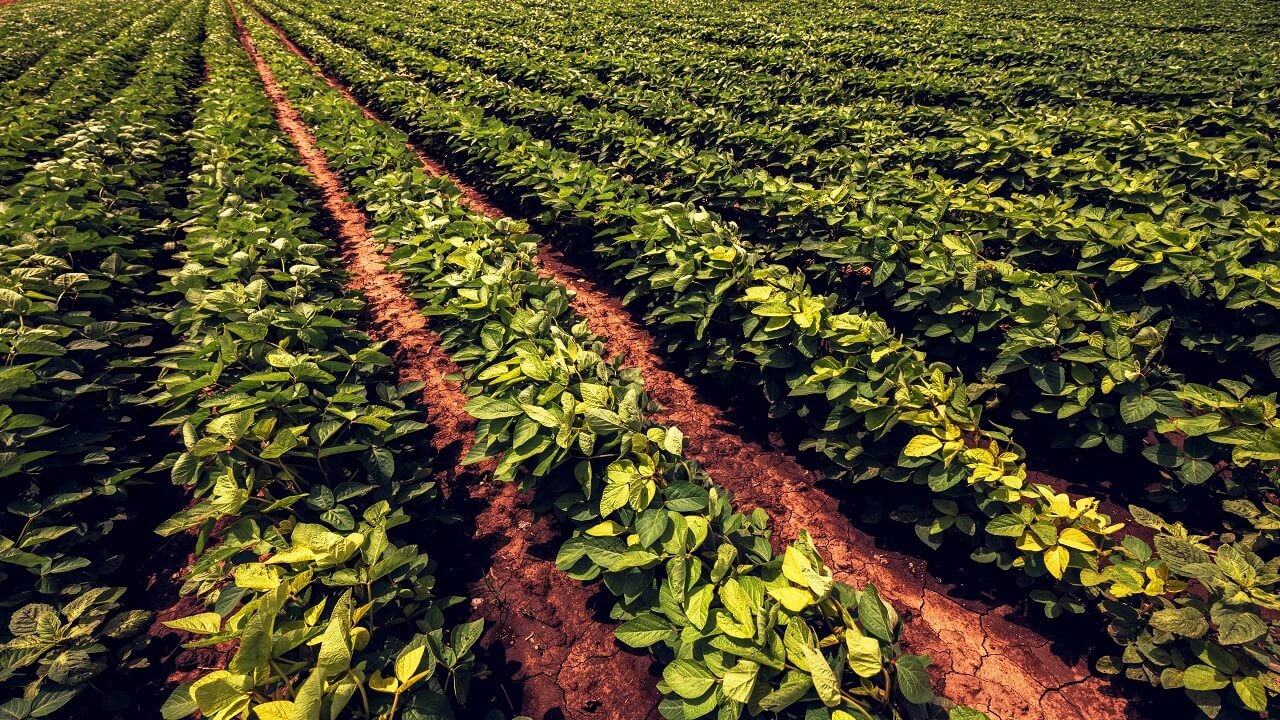
How to Invest in Agriculture ETF
September 19, 2024, 5:12 pm
What we can see from all the agriculture commodities ETF data before us is that agriculture commodities will continue to rise in prices and these will have multiplier effects on the economy of the world at large.
How to Invest in Agriculture ETF
There are several factors that will push up the prices of agriculture commodities such as coffee, corn, cotton, soya beans, sugar and wheat. These factors can be broadly classified into three: Russian War, Coronavirus-related and Weather-related.
These factors are playing out in these five ways:
1. Supply-side Constraints
Logistical bottlenecks arising from anti-coronavirus measure have conspired with dry weather caused by the atmospheric phenomenon known as La Nina to threaten global access to wheat, soya beans and corn in particular.
2. Demand pull
Fearing food shortages, many countries have been actively stockpiling since the beginning of the corona pandemic and Russian war—with China, unsurprisingly one of the largest consumers of agricultural commodities, an especially potent force in this regard.
But the repercussions of the recent commodities price rise extend far beyond the cost of your morning coffee or pap. If history is any guide, this spike in prices could have significant consequences for the wider macroeconomic picture.
3. Higher Inflation
Food prices are an important part of consumer price indexes (CPIs), particularly in emerging markets—so when the things used to make foodstuff get more expensive, inflation increases. And the full effects of this may not be felt immediately. Corn for example is an input costs for a wide range of complex products, used in everything from pig feed to ethanol production. As higher prices for producers take time to filter through to consumers, sharper commodity costs today might lead to even higher inflation tomorrow.
4. Social Unrest
Food insecurity is a big and growing issue. With unemployment also widely projected to rise once economic stimulus packages stop or wind down, disaffected citizens could destabilize or even topple administrations in some parts of the world, potentially with major consequences for investor confidence in, say, government bonds.
5. Geopolitical risk
Action speak louder than words—and monitoring agricultural stockpiling activity and export restrictions in various countries can give you a strong clue about the strategic priorities of governments. These often have geopolitical ramifications. For example, the Arab Spring, was possibly prompted in part by Russian wheat export ban sending local food prices in Tunisia, Egypt etc. soaring which led to an uprising of the people. And now with the Russian war with Ukraine, agricultural commodities stockpiling is on the rise.
How can you take advantage of this?
How to Invest in Agricultural Commodities ETF
Higher agriculture commodity prices can have significant impact on the macroeconomic landscape—and ultimately on your finances. To take advantage of the coming price rise of agriculture commodities, you need to be on the supply side—you should be selling these commodities not buying them.
To be on the supply side, you can start a farm growing these commodities that are in hot demand. You can start a maize, soya bean or wheat farm to take advantage of the coming price increases due to the factors explained above.
If you would like to get the operational and financial steps needed to start and grow a maize, soya bean and wheat farm, check out our agribusiness plans services.
However, if you don’t want to be bothered with the production of these commodities but you still want to be on the supply side, there’s another way to take advantage of these commodity price rise.
You can do this through Exchange-traded funds (ETF).
What is Agriculture ETF?
Agriculture ETF is an investment fund that explicitly tracks the value of an asset like the price of oil, corn or the value of stocks. Investors can buy and sell Agricultural Commodities ETFs just like normal stocks—which makes them easy to invest in. Exchange-traded funds are a good way to invest in the upside of rising commodity prices because most investors don’t have the emotional capacity to invest wisely.
According to the Dalbar 2020 QAIB study, most investors don’t grow their money or wealth as much as the market does. The study showed that for a 20-year period, the stock market rose by 8% but the average investor only achieved a 4% growth. This clearly shows that most investors are doing something wrong.
So, if the market grows by 8% annually and the average investor in the market is only growing by 4%, what is the average investor doing wrong?
The two major factors affecting investors ability to at least grow their money with the market is Emotions and Speculative Behavior.
Emotions
To succeed in any type of investing, you need to have a long-term time horizon mindset. But the human brain isn’t perfect or built for long term investing. We have a natural tendency to over-react to things, especially in today’s social media world. We don’t put things in their proper context, viewing their effect over a longer period of time. For example, if we hear bad news about the economy, we become overly afraid and can’t properly analyze the bad information to spot the opportunities contained in it. We think things will remain bad indefinitely. Similarly, when we hear good news, we throw away all caution and pursue the opportunities it presents without seeing the dangers hiding inside it (think MMM)
Speculative Behavior
This is a habit that arises from our emotions that causes us to think we know what the market will do, where the opportunity is going, and we take action based on thinking our predictions (mostly guesses) will come to pass. Basically, speculative behavior is our attempt to predict the future without thoroughly analyzing facts, data and trend.
This is where ETFs come in or can help you. ETFs remove the emotions and speculative behavior, we all have, from the investment process.
ETFs (Exchange Traded Funds) are made up of assets or investment instruments that try to track the overall performance of markets like stocks, agriculture commodities (corn, soya bean, wheat etc.), precious metals (gold, silver, platinum etc.), art etc.
Agricultural Commodities ETFs are good investments instruments for the following four reasons:
1. They outperform almost all other ways of investing in markets. They grow your wealth faster than most forms of active investment managements
2. They are very easy to setup and manage. It takes less than 15 minutes to manage Agricultural Commodities ETF investment once its setup
3. You can start with very little capital, as low as N75,000 or $50
4. They are easy to learn—you don’t need a financial degree to understand it. It’s very simple
With Agricultural Commodities ETF, you’re invested in the entire market that you are interested in. You don’t have to worry about which aspect or sector of the market is going up or down because regardless of market direction, your investment will never be worse than the entire market. And over the long-term, the market always goes up!
If you’re interested in growing your money with the rising prices of wheat, corn and soya bean, the Agricultural Commodities ETFs you should be thinking of investing in or buying into are:
Teucrium Corn ETF (CORN): This Agricultural Commodities ETF provides investors an easy way to gain exposure to the price of corn futures in a brokerage account
Teucrium Soybean ETF (SOYB): This Agricultural Commodities ETF provides investors an easy way to gain exposure to the price of soybeans futures in a brokerage account.
Teucrium Wheat ETF (WEAT): This Agricultural Commodities ETF provides investors an easy way to gain exposure to the price of wheat futures in a brokerage account.
Now if you live in Nigeria or any other country outside the OECD countries (i.e. US, Europe and some parts of Asia) and you contact these Agricultural Commodities ETFs about investing in them, they won’t answer your call or respond to your emails.
What you should do instead is to go to a Fund Supermarket. Fund supermarkets are offshore brokerages that allow you, regardless of where you reside, to buy very low amounts, shares or fractions of any ETFs you are interested in.
Two fund supermarkets you can contact are Saxo Bank and Swissquote.
Also, make sure you aren’t invested in too many Agricultural Commodities ETFs because doing so will defeat the whole purpose of Agricultural Commodities ETF investing. A maximum of 3 Agricultural Commodities ETFs should be your goal.
Follow these steps above and you will be able to grow your money and eventually achieve financial freedom through Agricultural Commodities ETFs
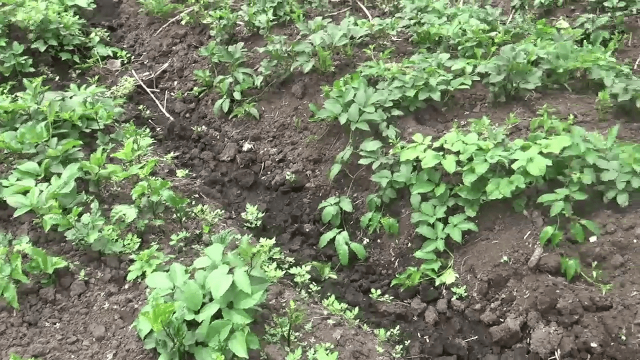

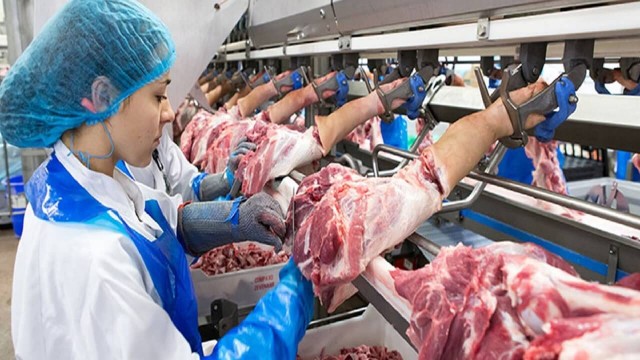
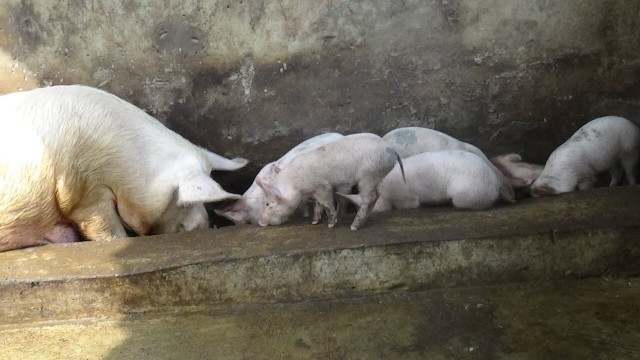

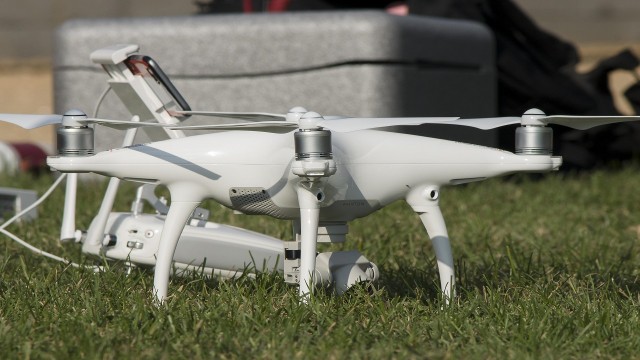

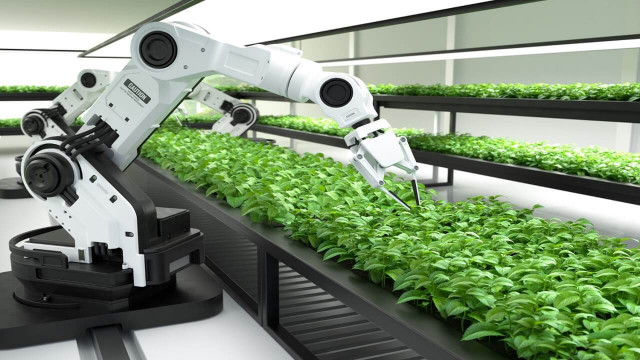
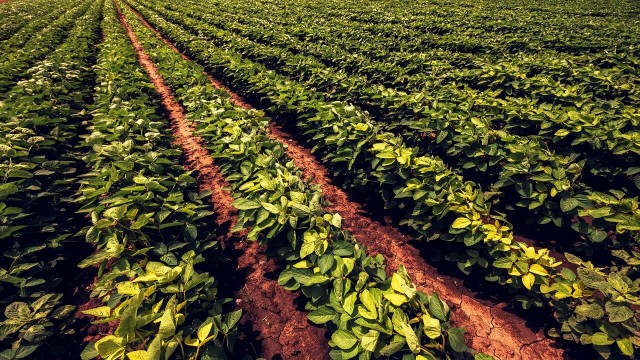



Share This Article: